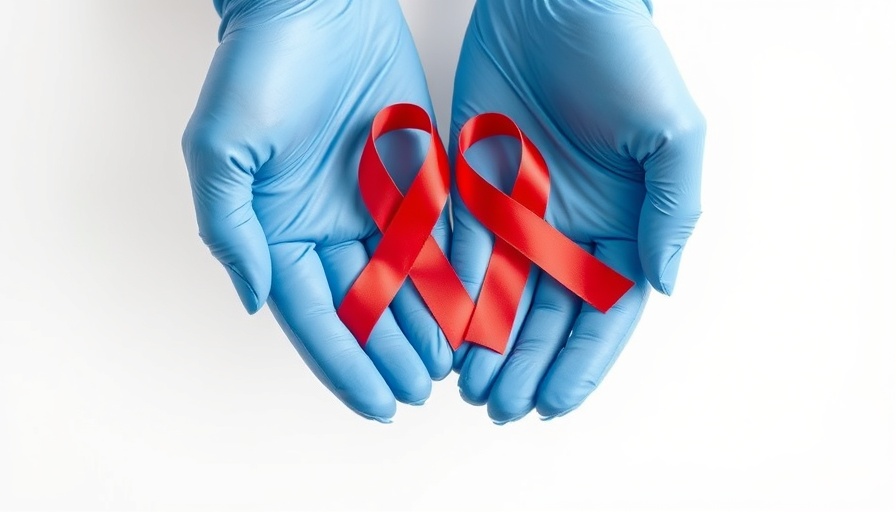
Uncovered Connections: The Wuchereria Bancrofti Discovery
Did you know that one of the tiniest players in our ecosystem could hold the key to preventing one of the world's most daunting health challenges? Researchers have struck upon a surprising revelation: the parasitic worm Wuchereria bancrofti might greatly influence the risk of contracting HIV. This worm is primarily known for causing lymphatic filariasis, a disease that affects millions and can lead to severe swelling and painful conditions. But recent studies show that tackling this tiny intruder might help reduce the incidence of new HIV infections, especially in areas heavily burdened by both ailments.
The Groundbreaking Study in Tanzania
The fascinating link between Wuchereria bancrofti and HIV was highlighted in a comprehensive study conducted in Tanzania. Researchers rolled out a nationwide deworming program between 2009 and 2015 to combat this voracious parasite. The aim was twofold: treat the infected population and simultaneously investigate if clearing this worm could impact new HIV cases. The findings were quite revealing. After tracking 1,139 participants, results showed a staggering 60% drop in new HIV infections among those who had successfully been treated for the parasitic worm. This statistic was considered significant even when controlling for variables such as age and gender.
Mechanisms at Play: Why Worms Matter
Yet, the essential question remains unanswered: how does infection with Wuchereria bancrofti increase susceptibility to HIV? Researchers are eager to delve into the immunological mechanisms behind this connection. Understanding how exposure to these parasites impacts our immune response could pave the way for new preventive strategies against HIV. Imagine a world where reducing parasitic infections could also diminish the HIV epidemic. This dual approach could shift the landscape of public health initiatives.
Implications for Global Health
The implications of this research extend beyond Tanzania. Countries with similar health challenges or high rates of both HIV and lymphatic filariasis could benefit from integrated treatment strategies. By combining efforts to tackle parasitic infections with HIV prevention, we may find a more effective pathway to health equity. Currently, the treatment for lymphatic filariasis is not optimal, which presents an urgent opportunity for researchers like Prof. Achim Hörauf and his team to push for better therapies—many of which are in the pipeline thanks to continued funding and investment.
Future Trends: An Hopeful Outlook
This integration of tropical disease management into HIV prevention tactics represents an exciting shift in the fight against infectious diseases. As health researchers put more effort into understanding the connections between such diseases, it creates a powerful moment for global health strategies. It reminds us that the parasitic microbes often viewed as mere nuisances may actually be leveraging a complex relationship with viruses like HIV. We stand on the brink of profound health enhancements that could shape policies and practices in public health.
Take Proactive Steps for Health Awareness
While groundbreaking research continues to unfold in laboratories, individuals can take proactive measures in their daily lives as a way of managing health. Adopting a holistic approach to wellness—such as maintaining regular exercise, balancing nutrition, managing stress, and exploring mind-body techniques—might not only support immune health but also contribute to a more robust strategy in this larger fight against infectious diseases. By becoming aware of these connections, we can all advocate for better health solutions while integrating wellness practices into our lives.
 Add Row
Add Row  Add
Add 




Write A Comment